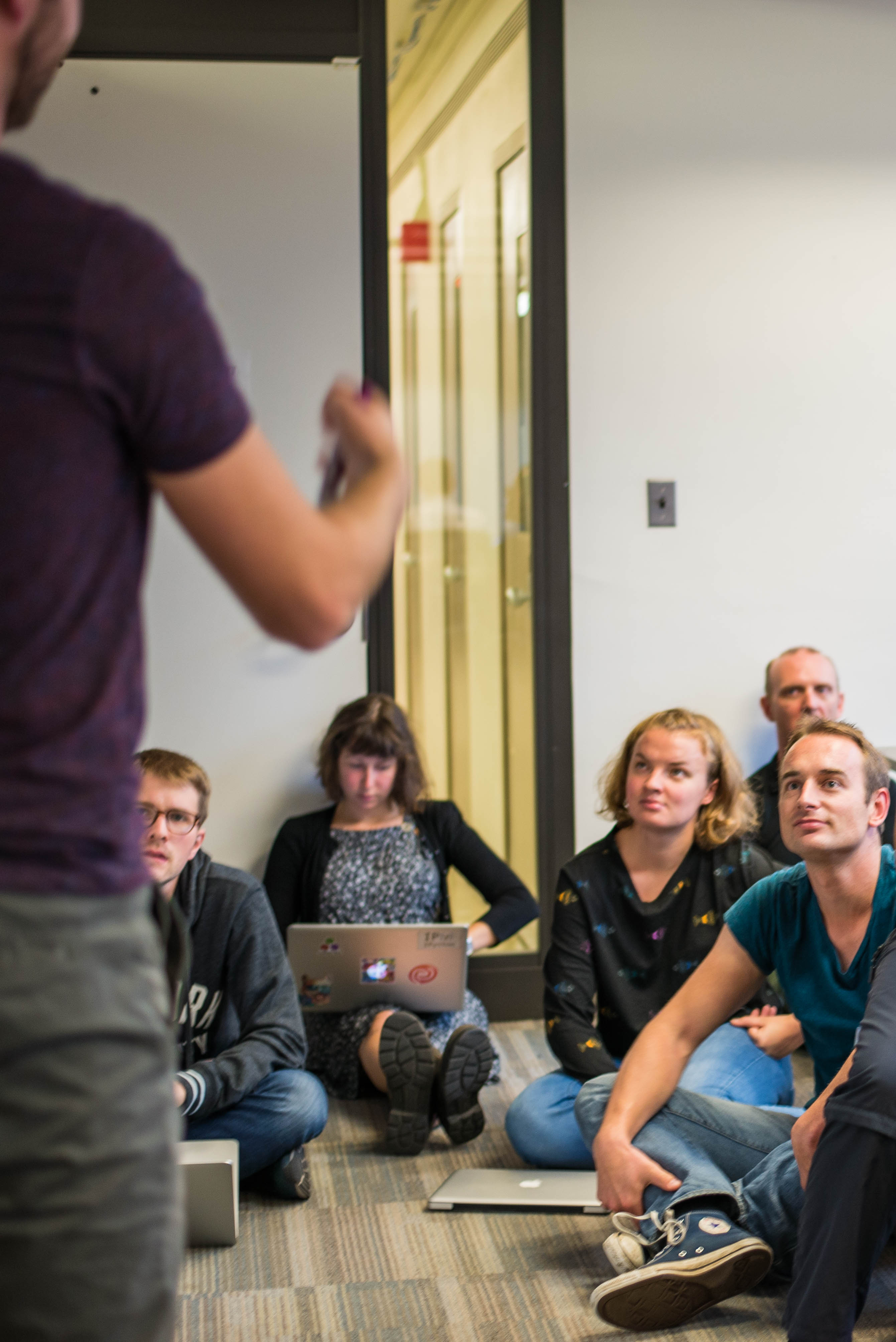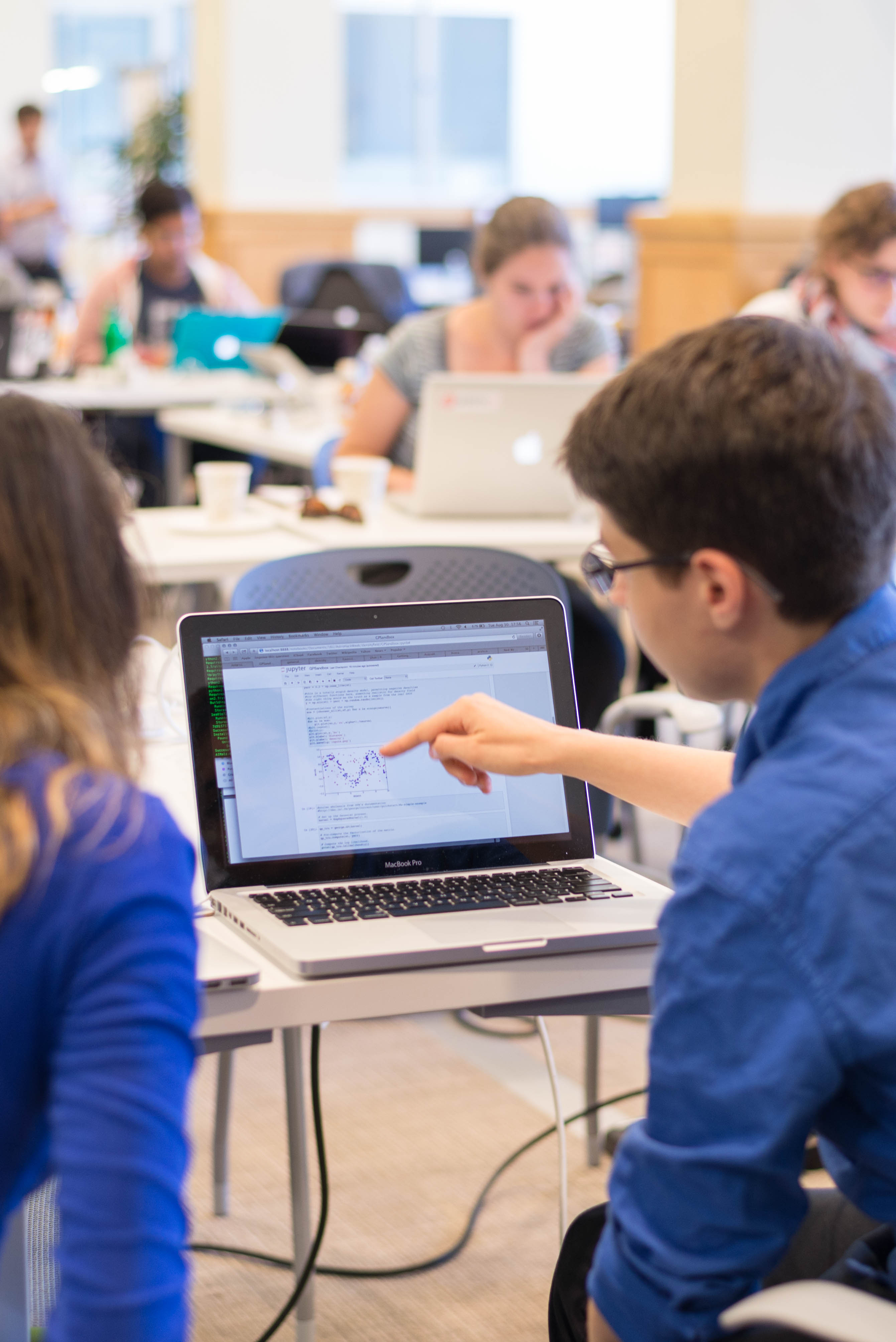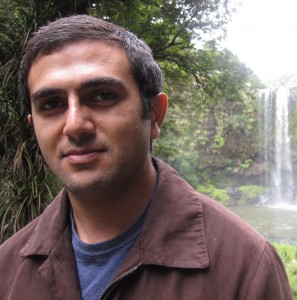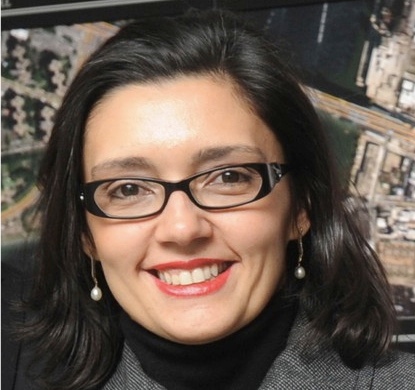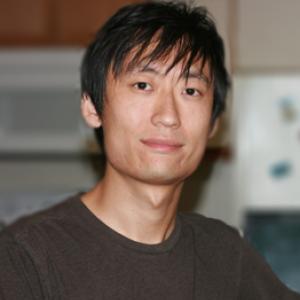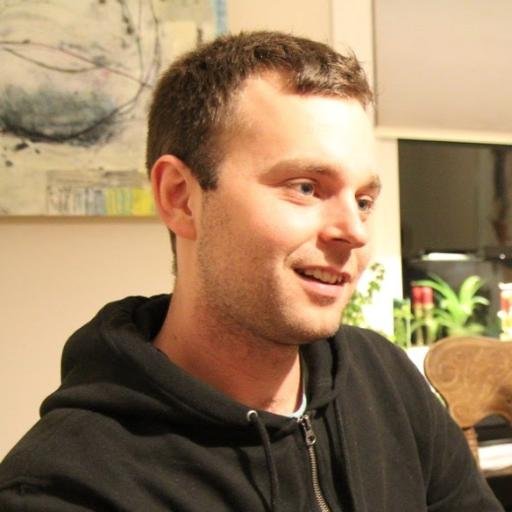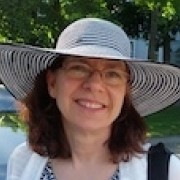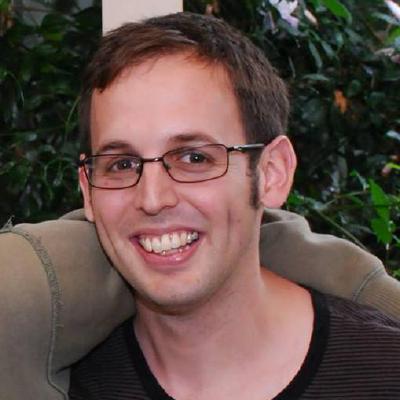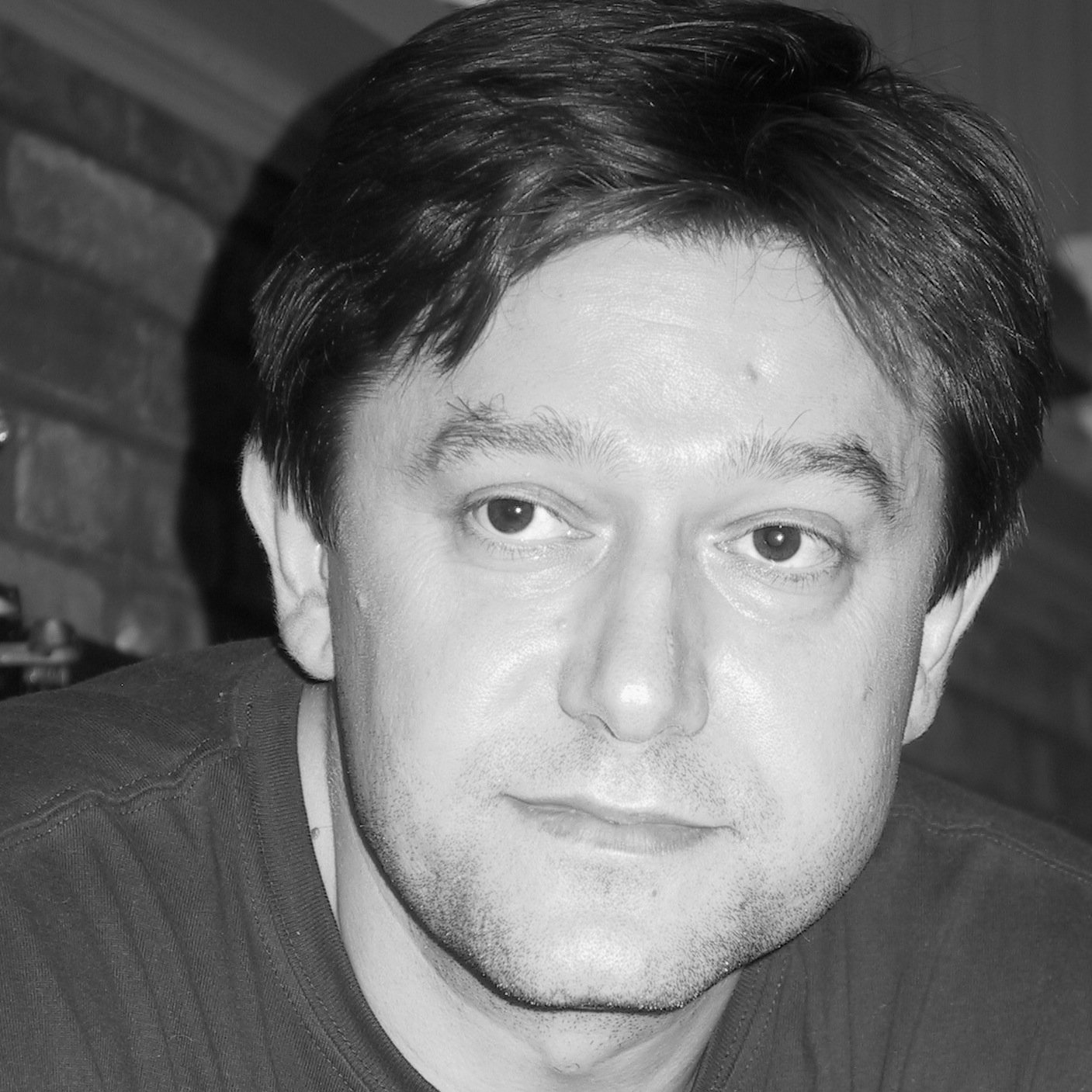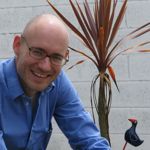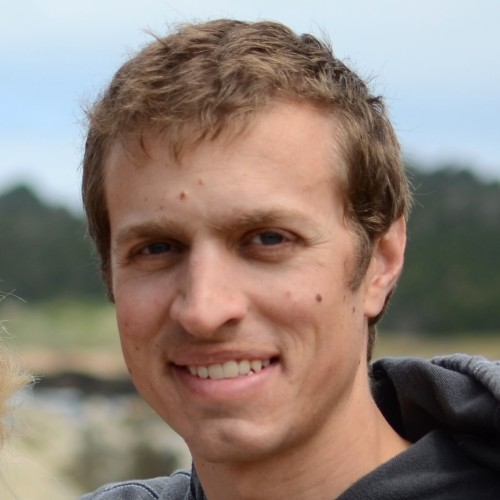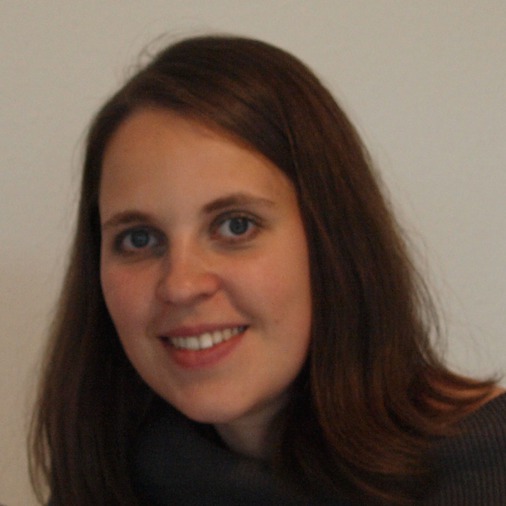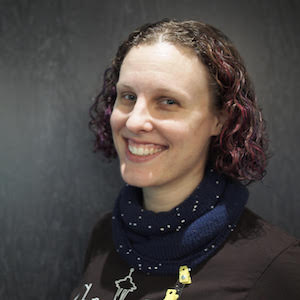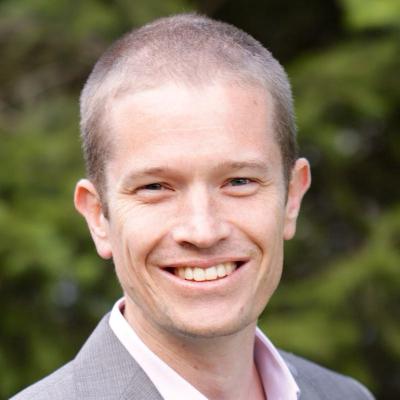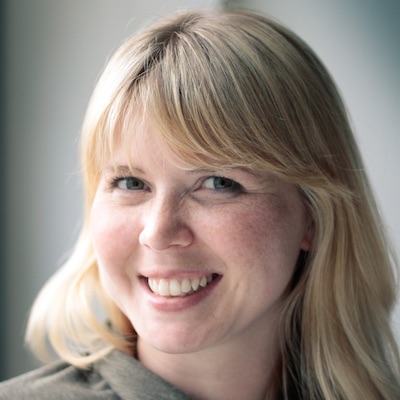Announcement
Dear colleagues,
We are pleased to announce the fourth Astro Hack Week! The 2017 edition will be held at the University of Washington in Seattle, from August 28 to September 1, 2017. All scientists, including graduate students, senior undergraduates, faculty, postdocs, as well as anyone whose work relates to astronomy outside academia, are invited to apply to attend.
Please mark your calendars! Applications are now open, and the application deadline is May 31. Due to the interactive nature of the workshop and our space constraints, we expect to cap attendance at approximately 50 people.
Astro Hack Week is a mixture of data analysis summer school and unconference-enabled collaborative research. There are no formal prerequisites. Participants will learn the theoretical foundation of, and practical knowledge in, statistical and machine learning methods crucial to modern astronomical data analysis. We welcome participants to bring their own research projects with them; Astro Hack Week is a great place to apply new skills and methods, and work with others to move these projects forward. It is also an opportunity to work on something new, and we encourage participants to apply their technical knowledge to outstanding problems in the astronomical community.
For more information, and a link to the application form, please see our website at http://astrohackweek.org.
We hope to see you in Seattle in August! Please forward this announcement to anyone who may be interested.
Sincerely, the Astro Hack Week organizing committee:
Lauren Anderson,
Kyle Barbary,
David W. Hogg,
Daniela Huppenkothen,
Phil Marshall,
Meredith Rawls,
Jake VanderPlas
astrohackweek@gmail.com
